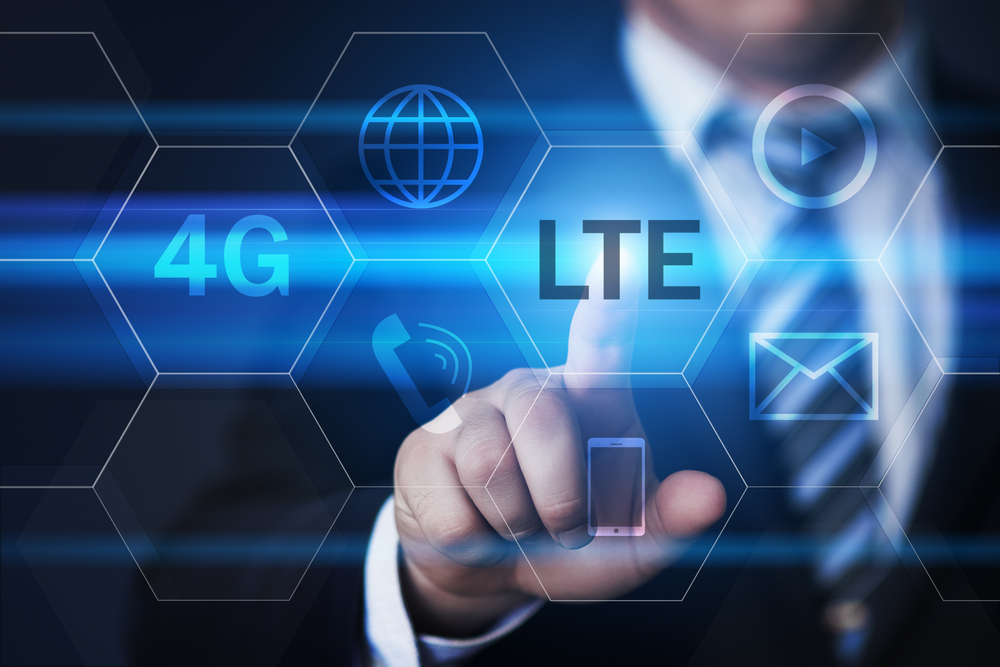4G will help departments work more flexibly, GDS tells Whitehall
New network principles designed to improve mobile working

The Government Digital Service (GDS) has recommended departments adopt 4G data networks to improve mobile working under a new set of network principles.
With smartphones and tablets proving increasingly popular to use to work on documents and catch up on emails, the GDS wants Whitehall to embrace new technology to give staff more flexibility in how they work.
To this end, it has published a set of network principles to help departments share and access information more easily, including the suggestion they adopt 4G.
"Historically mobile connectivity has provided a limited set of functionality," the document said. "This is now changing and there may be use cases where a 4G service could meet user needs both as a primary service or as a backup."
The document did not mention whether such a service would rely on end users' personal smartphone connectivity or would require departments to procure their own 4G networks.
The GDS added: "Public sector employees expect to be able to work in any location: at home, in the office, on the move or in other government buildings - just like their private sector counterparts.
"If we continue to design and build new services based on these principles, then we'll help to remove complexity, and reduce cost for service design and operations."
Get the ITPro daily newsletter
Sign up today and you will receive a free copy of our Future Focus 2025 report - the leading guidance on AI, cybersecurity and other IT challenges as per 700+ senior executives
Networks should also be designed for a roaming user base, the GDS said, warning that "designing on net' solutions which only work in your own premises will limits staff mobility and be at odds with your own corporate policies".
The news comes after the Cabinet Office ditched its own Wi-Fi for a service provided by Aerohive.
The network won't support government-provided tablets or smartphones, however, with 1,700 staff able to choose one of five sanctioned laptops.
The GDS will adopt the network principles into the Technology Code of Practice and the Digital by Default Service Standard.
-
 Asus ZenScreen Fold OLED MQ17QH review
Asus ZenScreen Fold OLED MQ17QH reviewReviews A stunning foldable 17.3in OLED display – but it's too expensive to be anything more than a thrilling tech demo
By Sasha Muller
-
 How the UK MoJ achieved secure networks for prisons and offices with Palo Alto Networks
How the UK MoJ achieved secure networks for prisons and offices with Palo Alto NetworksCase study Adopting zero trust is a necessity when your own users are trying to launch cyber attacks
By Rory Bathgate
-
 HPE inks $2 billion high-performance computing deal with the NSA
HPE inks $2 billion high-performance computing deal with the NSANews HPE will provide scalable on-premises computing to the NSA using Greenlake
By Danny Bradbury
-
 Nokia and NASA join forces to bring 4G to the moon
Nokia and NASA join forces to bring 4G to the moonNews Cellular service will provide the communications needed for meaningful moon exploration
By Tyler Omoth
-
 Birmingham crowned the fastest UK city for 4G download speeds
Birmingham crowned the fastest UK city for 4G download speedsNews While Birmingham also recorded the highest speed hike over 2019, London came in at a middling 9th place
By Keumars Afifi-Sabet
-
 LTE vs 4G: Which is better?
LTE vs 4G: Which is better?In-depth Comparing LTE vs 4G has become common in recent years, but how exactly do they differ, and is 4G faster?
By Jane McCallion
-
 What is 4G?
What is 4G?In-depth A look at the fourth generation of mobile networking technology and its availability in the UK
By Rene Millman
-
 4G vs 5G - what's the difference?
4G vs 5G - what's the difference?Vs From 3G to 4G, mobile connectivity has revolutionised our lives. Now 5G is set to do it again
By Bobby Hellard
-
 The best 4G network
The best 4G networkIn-depth Every mobile provider offers 4G contracts, but which one is the best for you?
By Carly Page
-
 More than a million UK properties don't have access to 'decent' broadband speeds
More than a million UK properties don't have access to 'decent' broadband speedsNews Ofcom's Connected Nations report finds broadband is still lacking across 4% of the UK
By Roland Moore-Colyer